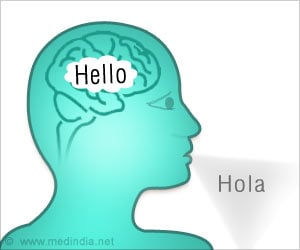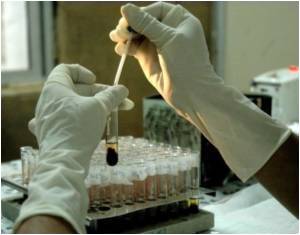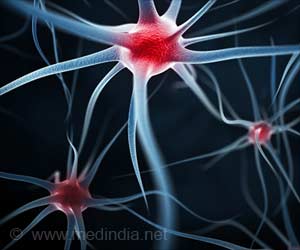Only nuclear DNA can maintain the best mutations and remove bad ones by reshuffling its genome like a deck of cards during reproduction after sperm meets egg.

‘Using computational tools scientists have helped understand cytoplasmic DNA adaptation and how they avoid harmful mutations which could become like Trojan horses to affect the whole cell.’





Only nuclear DNA can maintain the best mutations and remove bad ones
by reshuffling its genome like a deck of cards during reproduction
after sperm meets egg. This reshuffling allows nuclear DNA to adapt. For
mitochondria and plasmids, there is only asexual reproduction. Now, University of Sydney School of Life and Environmental Sciences researchers Joshua Christie and Madeleine Beekman, have used computational tools to better understand cytoplasmic DNA adaptation and how they promote beneficial mutations - and more importantly, avoid harmful mutations which could become like Trojan horses to affect the whole cell, and thereby, the health of an organism.
"Why is the mitochondrial genome still going strong after 1.5-2 billion years?" asked co-author Beekman. "It all comes down to the fundamental difference between male and female sex cells, or gametes. While each sperm cell contains one sex-chromosome (either an X or a Y), each egg cell contains many mitochondria. Because mitochondria are essential to cell function, after all they provide the energy, egg cells that contain faulty mitochondria are selected against. As a result, only egg cells that contain a full complement of healthy mitochondria stand a chance to produce a zygote."
The study shows how efficiently the biology of cytoplasmic genomes - specifically their organization into host cells and their uniparental inheritance - can allow them to accumulate beneficial substitutions and to purge deleterious substitutions faster than free-living sexual genomes.
"So, while males are happy to pass on any Y-chromosome to their sons, females appear to take the future of their offspring a little more seriously," said Beekman.
Advertisement
Source-Eurekalert














